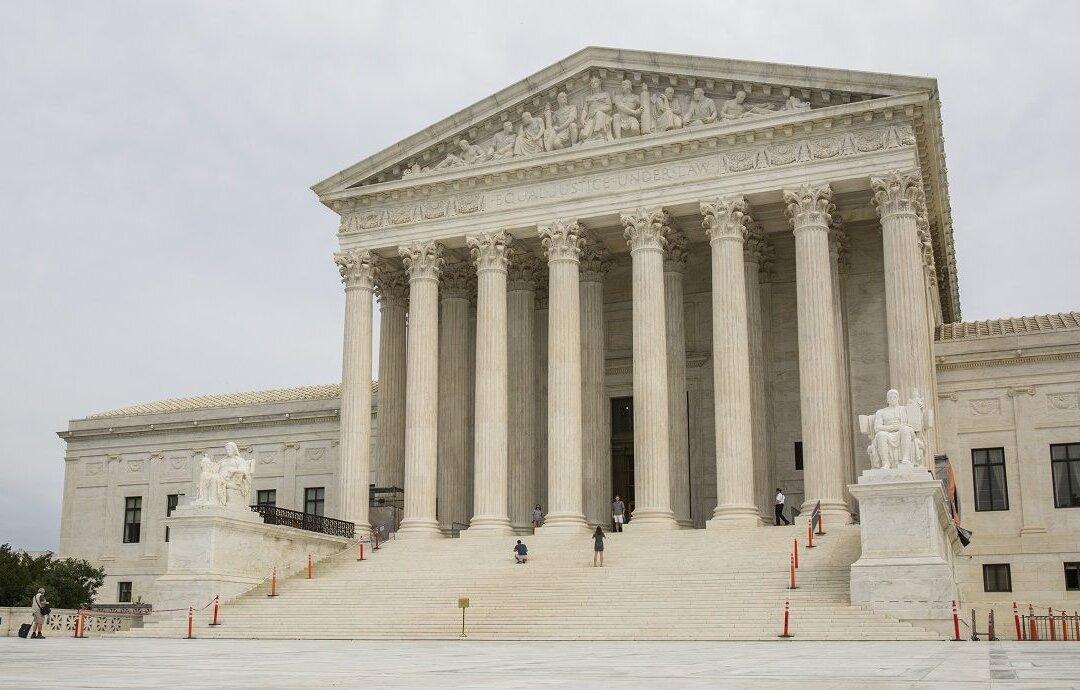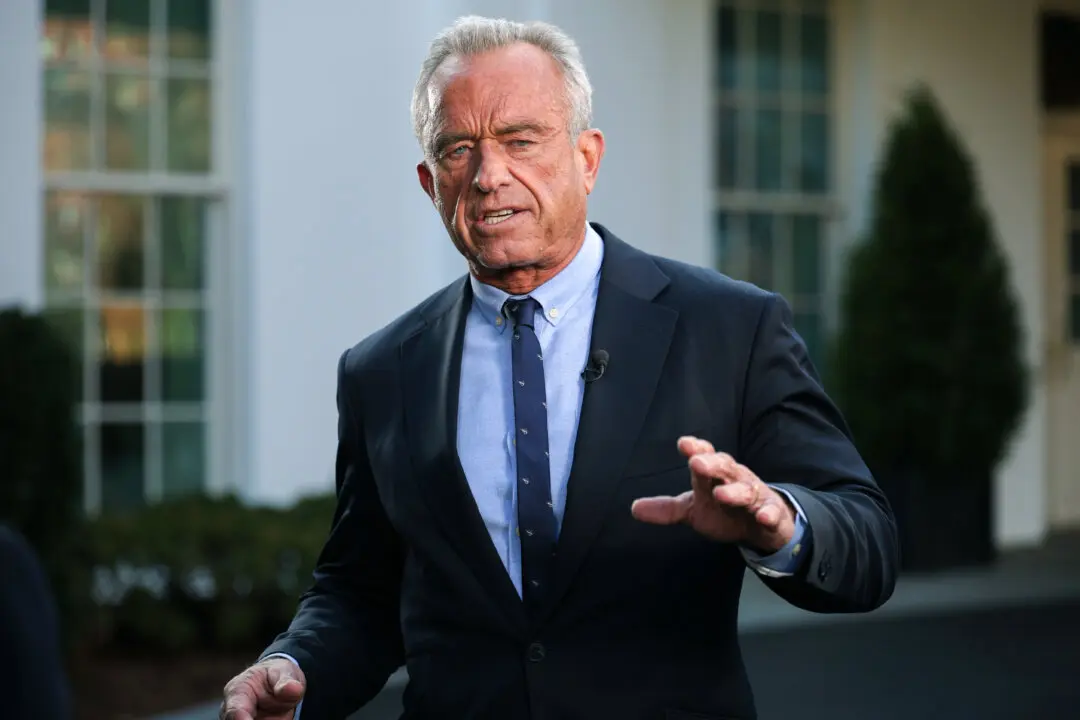The Supreme Court on Feb. 7 blocked a Louisiana law that required doctors carrying out abortions to have hospital admitting privileges within 30 miles, with Justice Brett Kavanaugh writing the dissent.
The 5-4 vote means the state cannot put into effect the law it passed, pending a full review of the case.





